Many dog owners want to reduce waste and help the environment, but when it comes to dog poop compost, backyard composting is not safe. Dog waste contains harmful pathogens that can pose serious health risks to humans, other animals, and even your garden. While composting kitchen scraps and yard clippings is safe and beneficial, dog poop introduces bacteria, parasites, and other contaminants that cannot be neutralized in a typical backyard compost pile. Understanding the dangers and safe alternatives is essential for responsible pet ownership.
Dog Poop Compost Contains Harmful Bacteria
Dog feces often contain bacteria such as E. coli, Salmonella, and Campylobacter. These bacteria can cause digestive issues, infections, and other health problems in humans, particularly young children, the elderly, or anyone with a weakened immune system. Backyard compost piles rarely reach the high temperatures needed to destroy these harmful microorganisms. If dog poop is added to a compost pile that is later used on soil or garden plants, these bacteria can survive and contaminate the area, putting anyone who comes into contact with the soil at risk. Even small amounts of contamination can cause illness, making this an unnecessary hazard.
Parasites Survive in Dog Waste
In addition to bacteria, dog waste can harbor parasites such as roundworms, hookworms, and giardia. These parasites can survive in soil for months or even years and may infect humans and other animals through direct contact. Backyard compost piles are not hot enough to kill these parasites, meaning they can persist long after the waste has been added. Professional composting facilities handle pet waste under controlled high-heat conditions that eliminate these pathogens, but attempting to replicate these conditions at home is difficult and unsafe. The risk of exposing your family, pets, or neighbors to these parasites outweighs any potential benefits of backyard dog poop composting.
Dog Poop Compost Can Contaminate Your Garden
Using dog poop compost in your garden, especially around edible plants, is extremely risky. Even minimal contamination can introduce harmful bacteria and parasites to vegetables, fruits, and herbs, potentially making them unsafe to eat. Pet waste should never be used in compost intended for food crops. Garden soil can easily retain pathogens, and children playing in the yard or pets roaming the garden can spread these microorganisms further. By avoiding dog poop compost in your garden, you are protecting both your health and the integrity of your plants.
It Disrupts Compost Balance
Successful composting depends on a careful balance between nitrogen-rich “greens” and carbon-rich “browns.” Dog poop is high in nitrogen, but it also introduces odors and compounds that disrupt this balance. Improper ratios can slow down decomposition, produce unpleasant smells, and attract pests such as flies or rodents. Unlike plant-based greens, dog waste is not uniform and can introduce materials that interfere with natural microbial activity. Managing a compost pile that includes dog waste requires significant effort, and even then, it may not break down safely or effectively.
Odor and Pest Problems
Dog poop naturally produces strong odors, and adding it to a backyard compost pile can amplify the smell. These odors can make the yard unpleasant and attract pests like flies, rodents, or other wildlife. Backyard compost piles do not have the controlled environment of professional composting facilities, so odors are harder to contain. Once pests are attracted, they may carry bacteria or parasites from the waste into your yard, creating additional health risks. Managing odors and pests in a pile that contains dog waste is labor-intensive and generally not worth the effort.
Professional Composting Is Different
Composting facilities that accept pet waste are designed to safely process it, but Bellingham currently doesn’t have this. They maintain very high temperatures over extended periods to eliminate bacteria, parasites, and viruses. Backyard piles rarely reach these temperatures, so dog poop compost at home remains unsafe. Professional composting ensures that waste is properly sanitized before it is reused or applied to non-food areas. Without access to these controlled conditions, attempting to compost dog waste at home introduces unnecessary hazards that could easily be avoided.
Safer Alternatives to Dog Poop Compost
There are several responsible ways to handle dog waste without risking health or garden contamination. Biodegradable bags collected for professional composting or disposal are a simple and effective solution. In some areas, it is legal to flush pet waste, which ensures it is processed through municipal wastewater systems. Hiring a professional pet waste removal service is another option, keeping your yard clean while ensuring waste is safely handled. These alternatives protect your family, pets, and garden while maintaining environmental responsibility.
Dog poop is not just yard waste—it carries bacteria and parasites that can survive backyard composting. Avoid dog poop compost in your garden and use safe disposal methods instead. By understanding the risks and following proper practices, you can protect your family, pets, and plants while keeping your yard clean and safe. Choosing responsible disposal is an important part of being a conscientious dog owner.
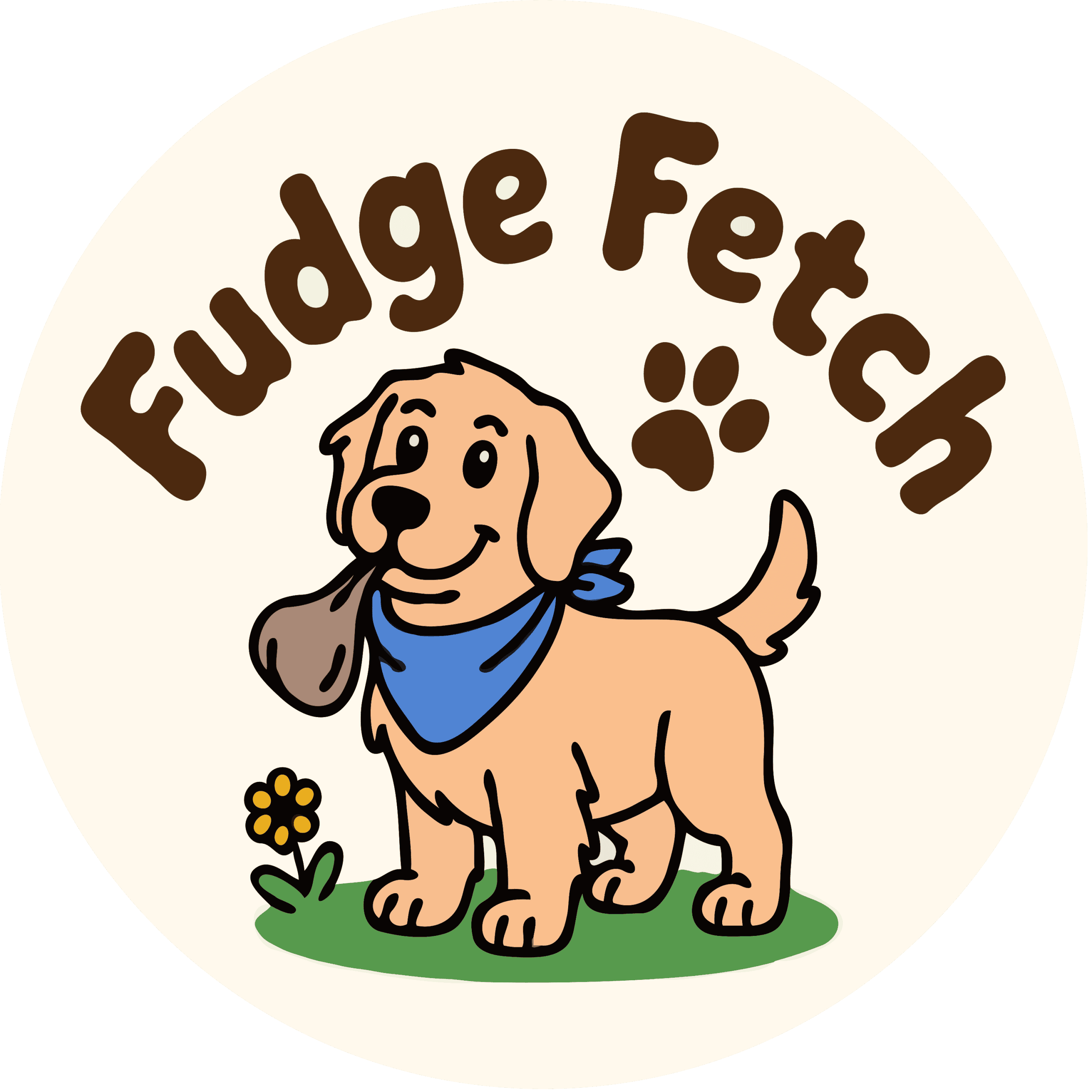
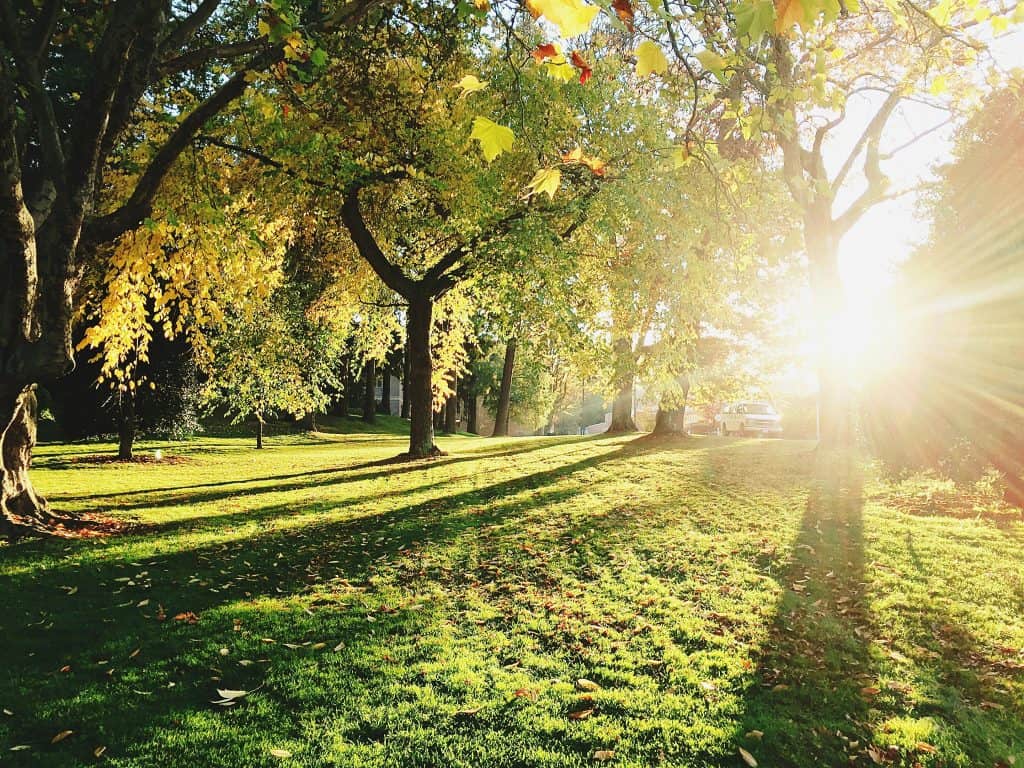
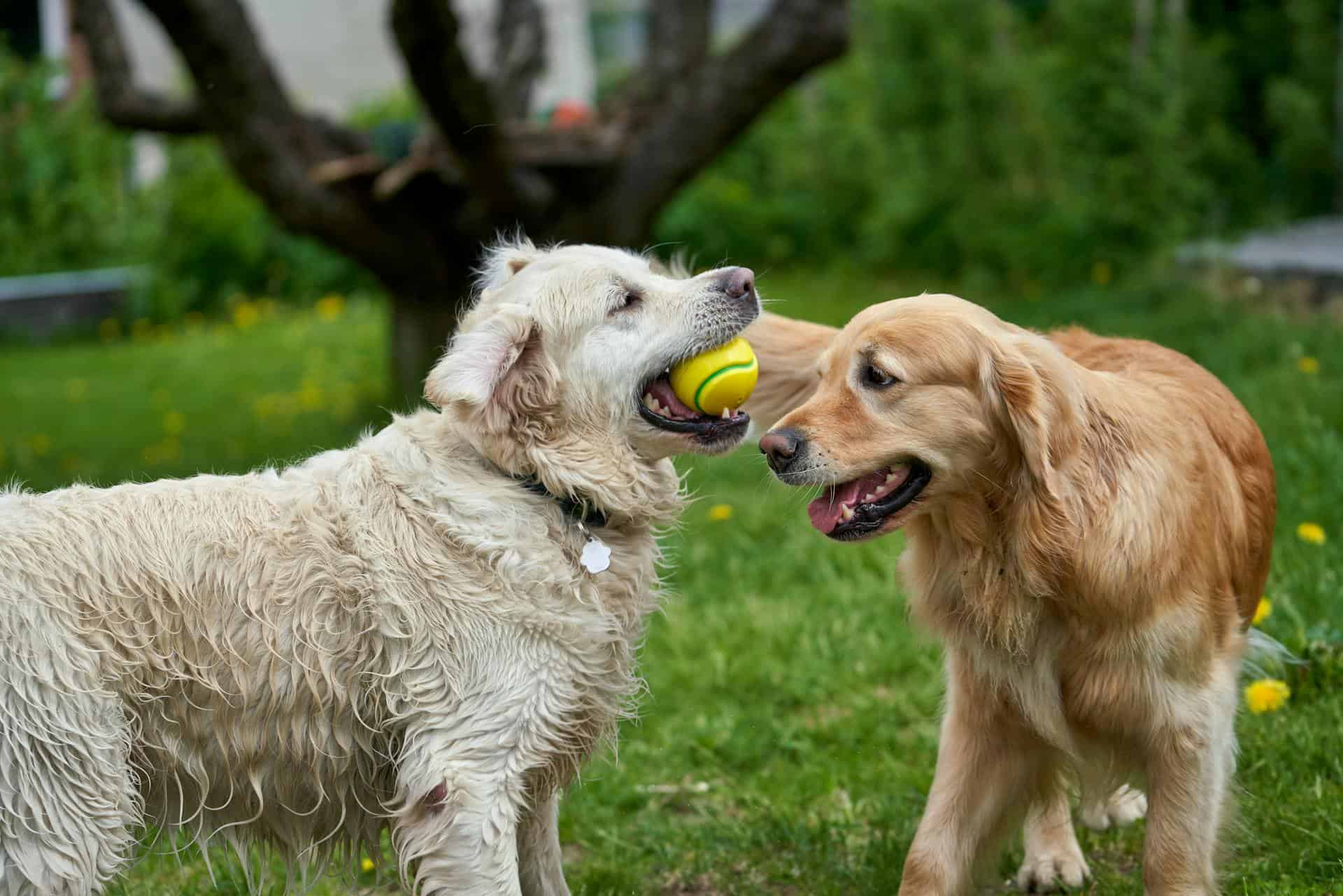
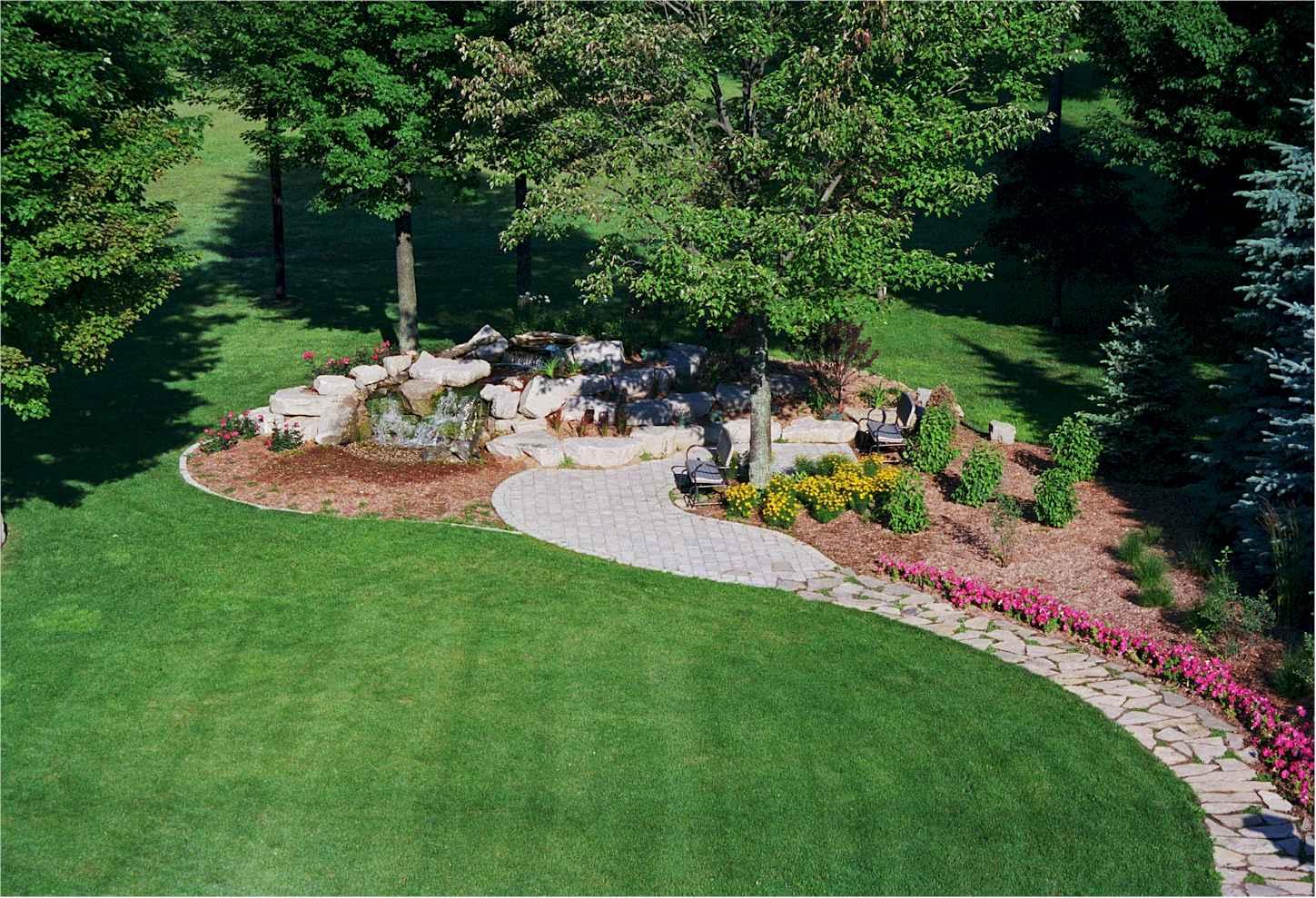
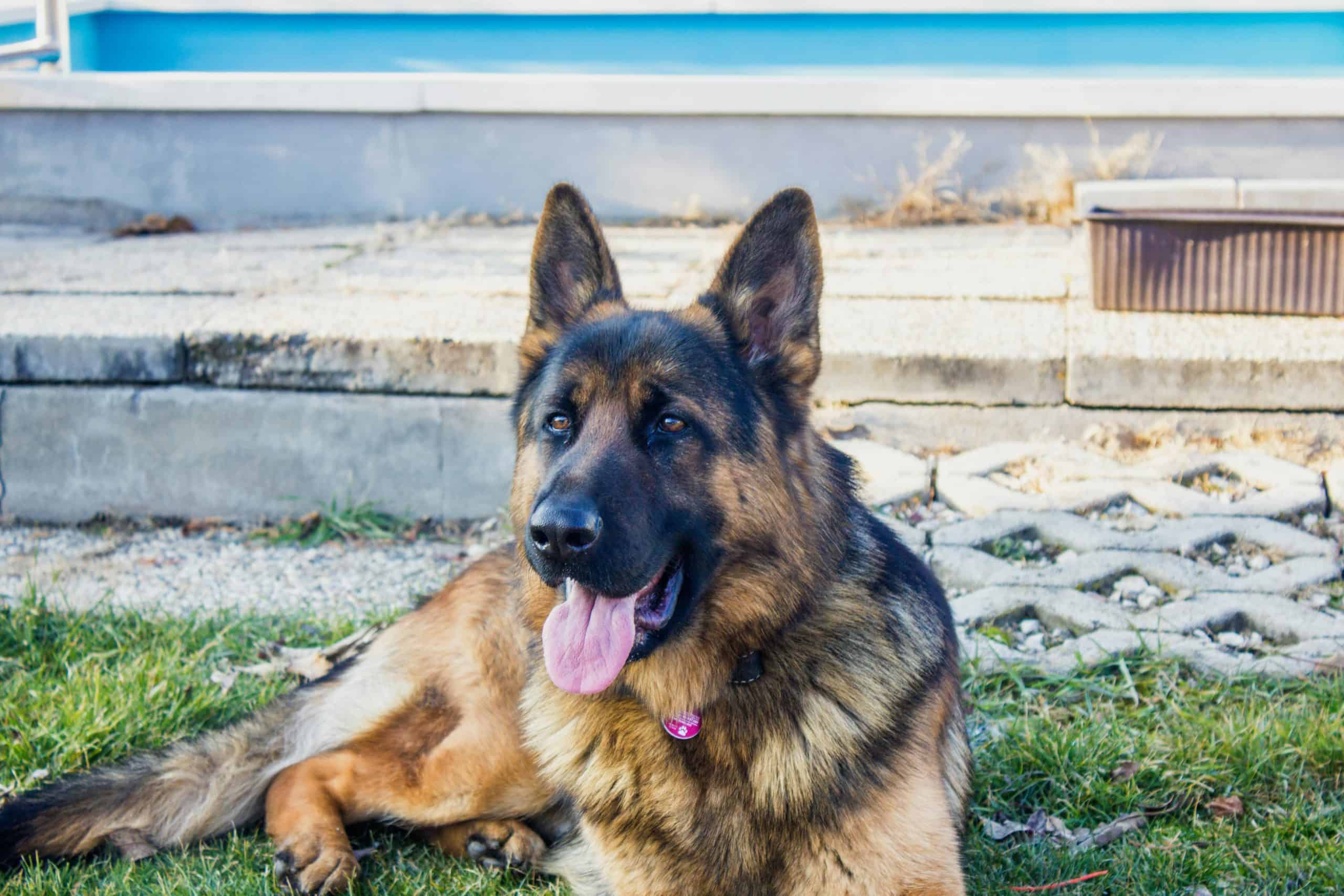
Leave a Reply